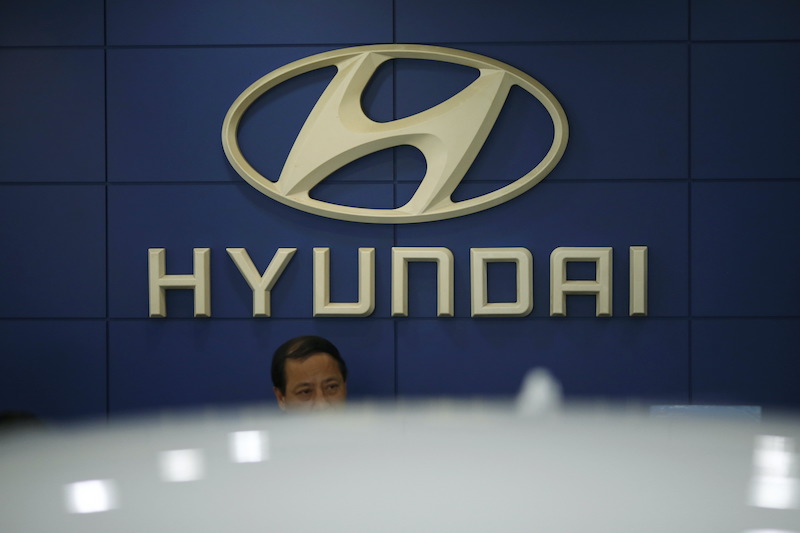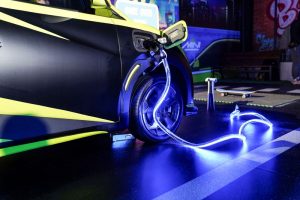South Korea’s Hyundai Motor Group and LG Energy Solution said on Friday they will build a $4.3 billion electric vehicle (EV) battery plant in the United States amid a push to take advantage of tax credits.
Manufacturers must adhere to new US sourcing requirements for EV battery components and critical minerals so that buyers of their vehicles can qualify for up to $7,500 in tax credits under the Inflation Reduction Act (IRA).
Vehicles from Hyundai and sister automaker Kia are currently not eligible.
Also on AF: Vietnam’s VinFast Recalls First Batch of EVs in US Over Dashboard Risk
Hyundai and LGES said construction of the factory in the state of Georgia will begin in the second half of 2023, with battery production starting at the end of 2025 at the earliest.
“Two strong leaders in the auto and battery industries have joined hands, and together we are ready to drive the EV transition in America,” LGES CEO Youngsoo Kwon said in a statement.
The battery plant will have an annual production capacity of 30 gigawatt-hours (GWh), enough for 300,000 EVs, the battery giants said.
Hyundai Motor Group, the world’s third-largest automaker by vehicle sales, is building EV and battery manufacturing facilities in Bryan County in the state, where its joint factory with LGES will be based.
LGES, which supplies automakers including Tesla and General Motors, and Hyundai Motor, which houses Hyundai Motor, Kia and autoparts maker Hyundai Mobis, will each own 50% of the joint venture.
In April, Hyundai Motor finalised a $5-billion EV battery joint venture in the United States with SK On, a battery unit of SK Innovation, boosting electrification efforts in its largest market.
- Reuters, with additional editing by Vishakha Saxena
Also read:
Hyundai, Samsung to Pour Billions in US to Make EV Batteries
Indonesia Keen to Sign Trade Deal With US on Key Minerals
US, Japan Set to Sign Trade Deal on EV Battery Minerals
Korea Battery Makers, Seoul Join Forces in $15bn Power Alliance
SK Battery Firms Warn of Supply Chain Damage From US EV Rules
South Korea’s SK On to Produce Cheaper EV Battery by 2025
























